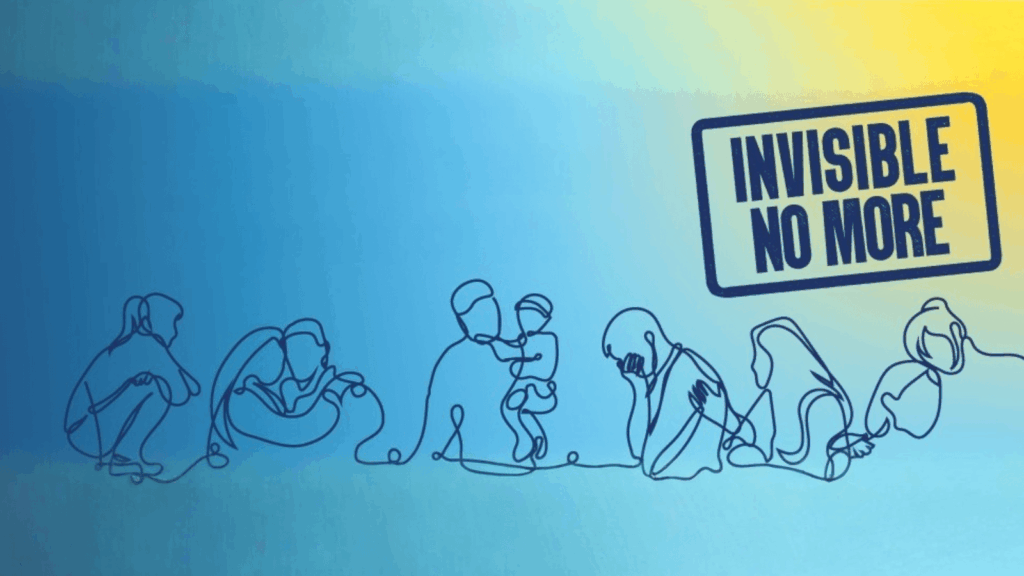Shaping Futures with Dignity and Purpose
Each year on World Youth Skills Day, we are reminded of the vital importance of equipping young people with the skills, opportunities, and support they need to thrive in an increasingly complex world. In 2024, 11% of young people aged 15-29 in the EU were neither in employment, education, nor training (NEET), with significantly higher rates in countries such as Greece, Lithuania, Italy, and Romania, where 14% or more of young people faced such exclusion (Eurostat, 2025). Young Roma and non-EU citizens are particularly affected: 56% of young Roma, and nearly 47% of young non-EU citizens, are at risk of social exclusion due to early school leaving, limited access to employment, and structural discrimination.
Too many young people in Europe and beyond are transitioning to adulthood without the skills, support networks, or opportunities they need to build meaningful lives. From education and vocational training to emotional resilience and community engagement, young people must be at the centre of efforts to build inclusive, sustainable futures.
In this context, Eurodiaconia members across Europe are stepping up with concrete, impactful solutions. On this World Youth Skills Day, we spotlight three initiatives:
Diaconía España (Spain): Proyecto Umbral
In recent years, there has been a significant increase in the number of care leavers in Spain who, upon turning 18, are forced to leave reception centres and face life on their own, often without stable housing, income, or support networks. Unlike the general youth population, they are expected to achieve full independence much earlier, without the experience or emotional and economic resources to do so. The Umbral Project, led by Diaconía España in Andalucía, supports young people transitioning out of state care and into independent adulthood, stage often marked by uncertainty and limited opportunities.
The project offers residential accommodation alongside individualised support covering legal, emotional, and social needs. Central to its approach is the development of key life skills, including social, emotional, and employment-related competencies. By fostering autonomy, responsibility, and community values, Umbral helps participants build the confidence and tools they need to access the labour market, engage in society, and shape their own futures.
Östergötlands Stadsmission in Norrköping (Sweden): Trygga Orten
Trygga Orten, based in Norrköping, Sweden, is a youth-centered initiative addressing social exclusion, low educational attainment, and youth unemployment in one of the most vulnerable neighborhoods in the region. In this area, compared to the national average, 37% fewer young people enter high school, youth unemployment stand at 15% (double the national rate) and average income levels are 40% lower. The area also sees 31% lower youth participation in sports, 26% lower voter turnout, and 30% higher waste and sanitation costs, reflecting both social disengagement and environmental neglect.
The project combines youth empowerment, ecological awareness, and social engagement, offering activities such as homework support, leadership training, and access to summer jobs. With over 300 young participants so far, it creates safe and meaningful spaces for teenagers to gain skills, build confidence, and positively shape their community. By involving young people directly in its design, Trygga Orten fosters both social sustainability and local ownership, offering a promising model for long-term community transformation
HEKS/EPER Romania: From education to decent work
HEKS/EPER Romania is empowering youth at risk of social exclusion, including Roma, in Sibiu County through its project ´From Education to Decent Work’. The initiative offers a comprehensive pathway from education into employment, providing career counselling for over 1,200 students, job mediation, and post-employment coaching to facilitate the transition into the labour market. Early intervention is a key pillar, with recreational and counselling activities for 5th and 6th graders to strengthen educational motivation and prevent early school leaving. The project also engaged over 1,000 parents and trained 100 teachers and school counsellors on inclusive practices. Employers are actively involved through diversity and inclusion training, with 61 representatives from 24 companies participating. By connecting schools, families, and workplaces, the project fosters long-term inclusion and equips young people with the tools they need for a sustainable future.



